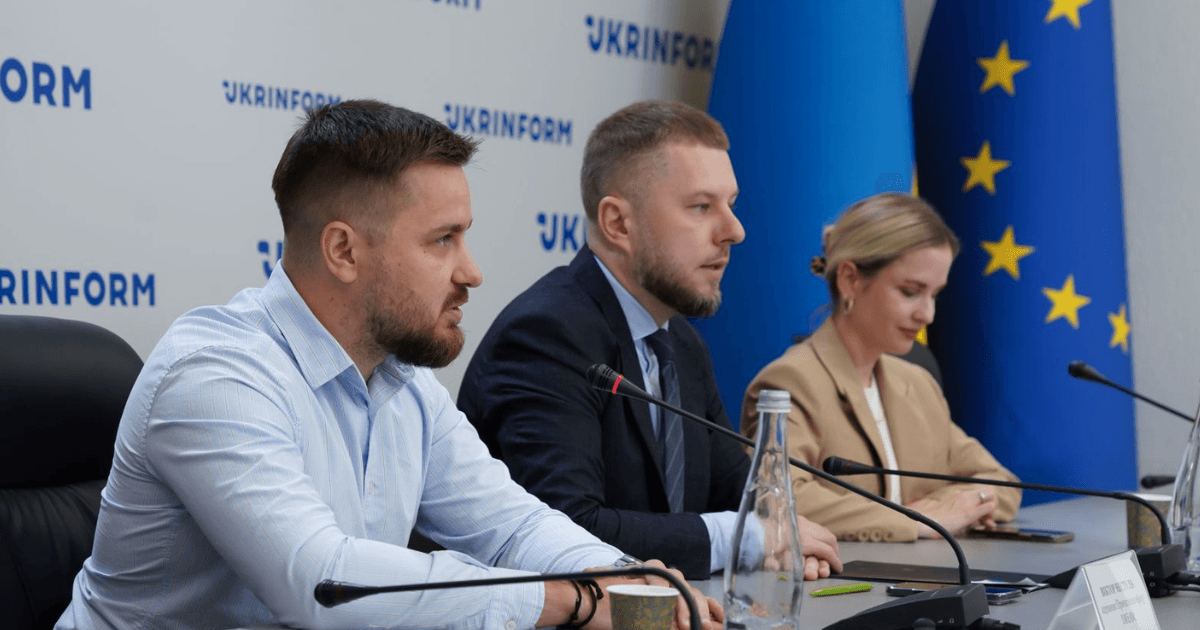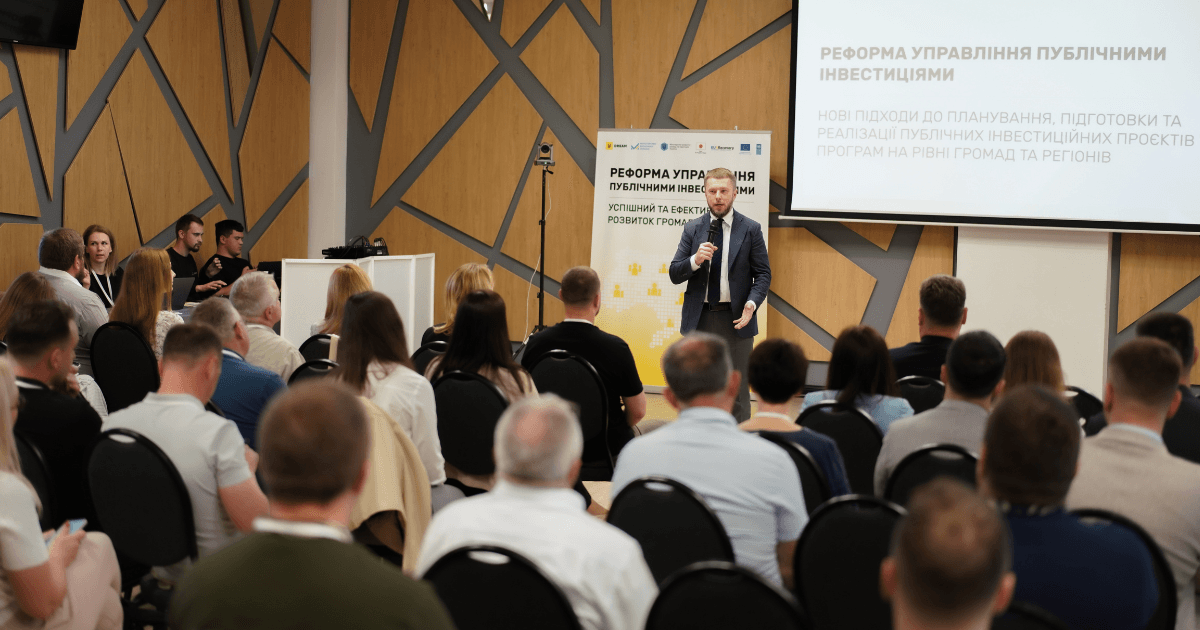
Representatives of communities and local authorities from Zhytomyr, Kyiv, and Cherkasy regions gathered in the capital of Ukraine to learn from primary sources about the peculiarities of implementing the Public Investment Management (PIM) reform, specifically its essence, stages of implementation, and benefits for communities.
The series of events was initiated by the Ministry for Development of Communities and Territories of Ukraine and the DREAM Project Office with the support of UNDP and the Government of Japan. The meeting in Kyiv completed the first part of a series of reform explanation events for communities and regions. Practical sessions will resume after the Ukraine Recovery Conference 2025, which will take place in Rome on July 10-11.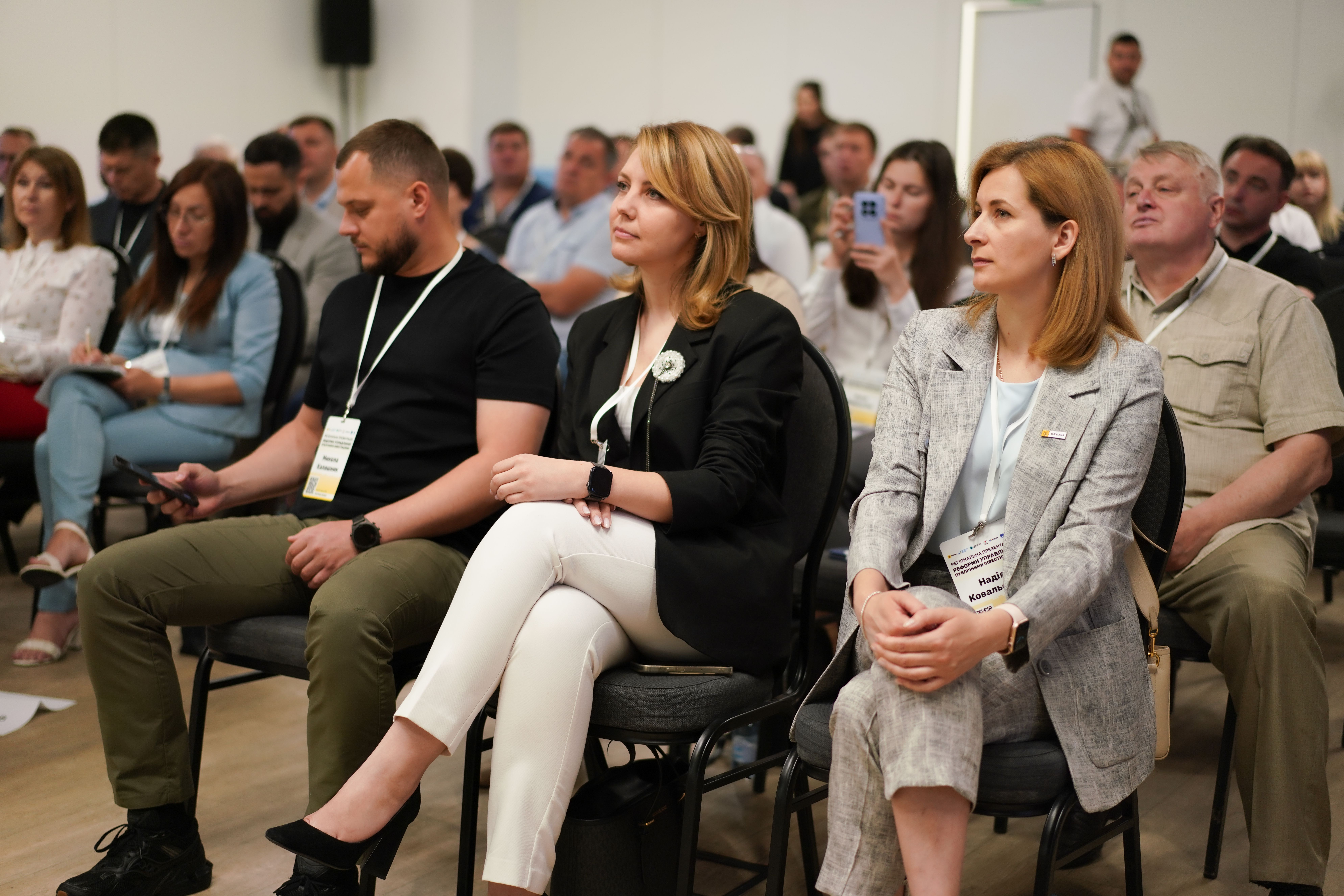
Approximately 400 participants, including representatives from the Ministry for Development and the Verkhovna Rada of Ukraine, as well as the Zhytomyr, Cherkasy, and Kyiv regional administrations, the Kyiv City Administration, the DREAM Project Office, the public, experts, and international partners, attended the event. The agenda included the importance of strategic planning, the legislative framework that regulates changes, and the necessity of establishing a management structure at both the local and regional levels.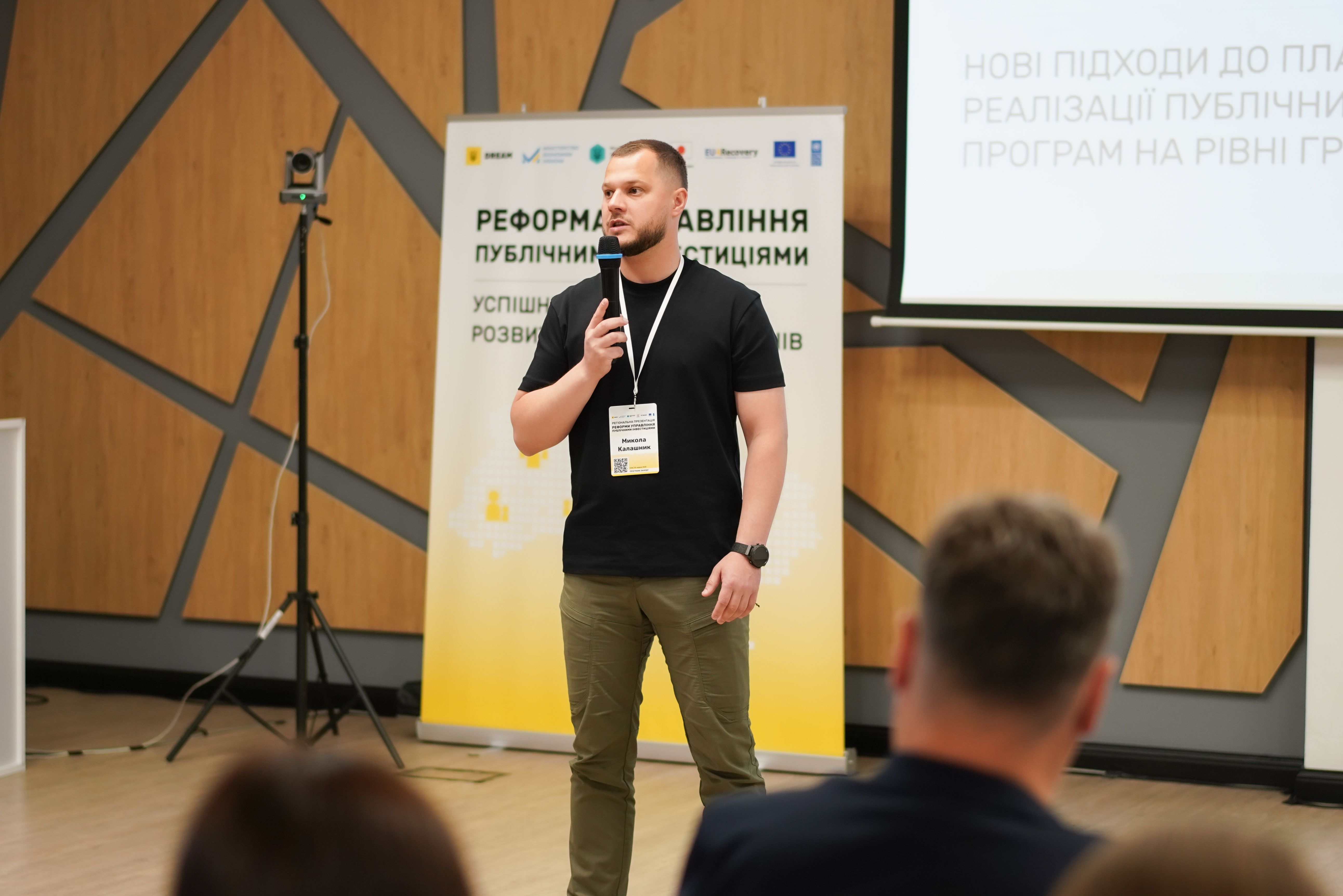
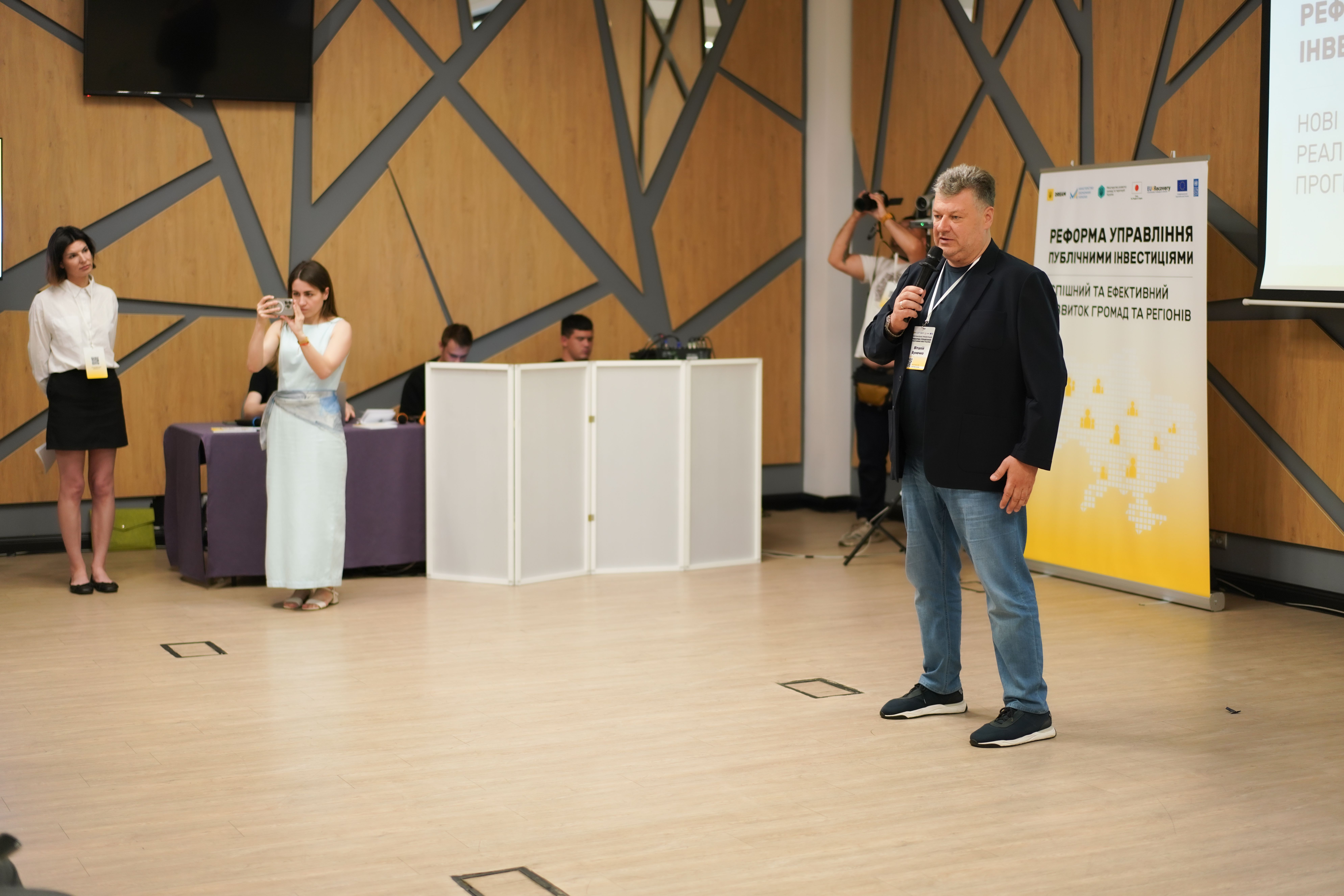
Oleksii Riabykin, Deputy Minister for Development of Communities and Territories of Ukraine, noted that the PIM reform provides for a conscious approach to spending budget funds, directing them to projects that are truly important to people. The PIM reform establishes mechanisms and a system that will provide future access to European structural funds.
"In July, communities and regions will start preparing their medium-term plans for priority public investments (MIPs) based on their development strategies. Planning is the first stage of reform implementation, providing further preparation and groundwork for projects. The MIP outlines the priority areas of public investment for the next three years, along with the estimated financial requirements for their implementation. We must clearly define what we need and the amount of money required. Our international partners are ready to provide funds. Still, our need must be justified in terms of cost, implementation time, number of users of infrastructure and services, and other criteria," emphasized Oleksii Ryabykin.
Olena Ursu, Team Leader of the Democratic Governance and Inclusive Society Project at UNDP Ukraine, thanked the representatives of communities and regions for their work on the ground. She noted that it is essential for the UNDP to enhance the institutional capacity of communities and their ability to manage data, including through the DREAM ecosystem. Through the use of digital tools, processes become transparent and accountable, which increases the responsibility of all stakeholders and promotes better coordination of financial and technical assistance. Equally important is the involvement of people in the lives of their communities and the state.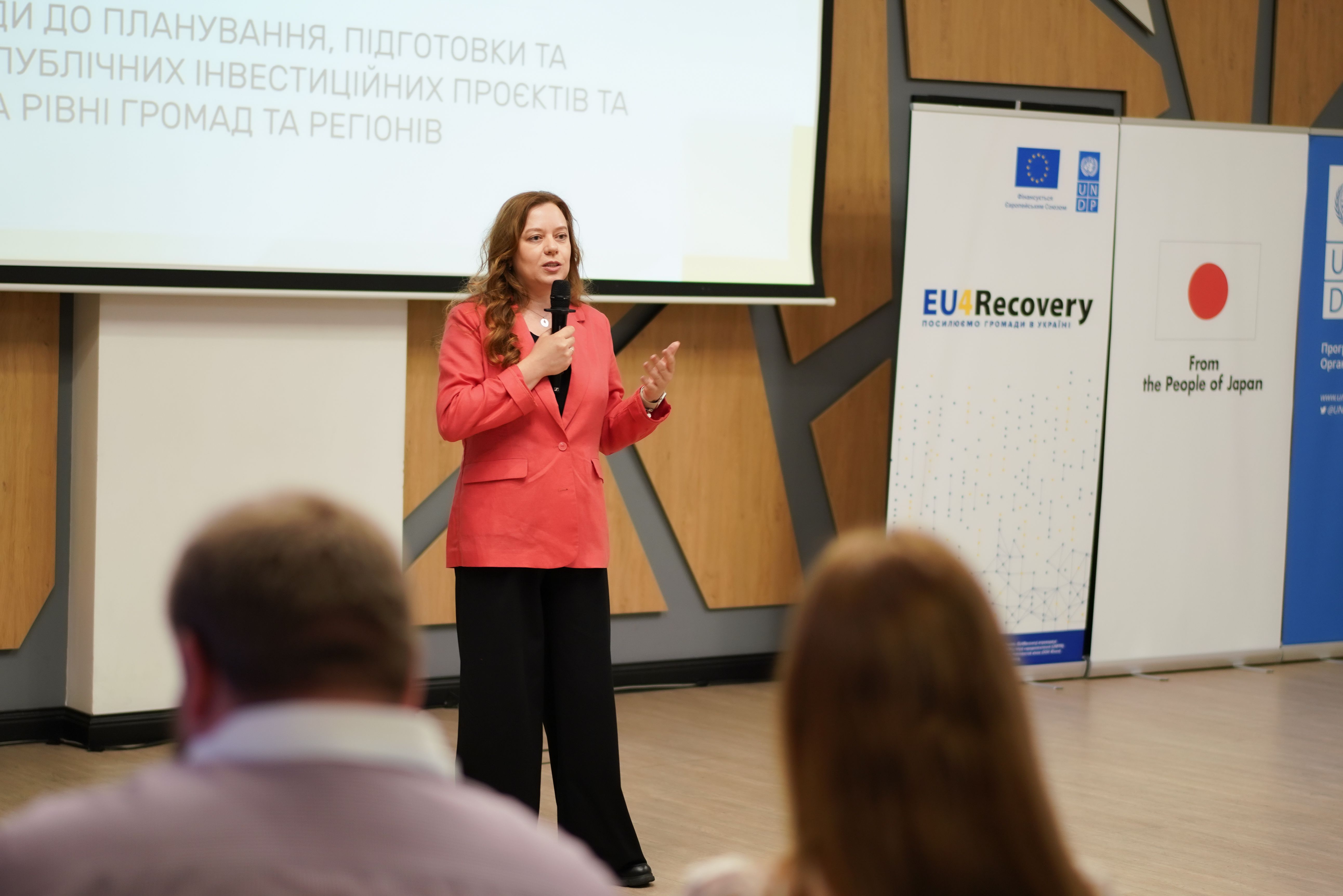
During the presentation of the general logic of the reform, Inna Stets, Chief Operation Officer of the DREAM Project Office, outlined the key tasks for implementing the reform at the community and regional levels. She also emphasized that the algorithms and functionality of the DREAM ecosystem are being updated to reflect the new regulatory framework and innovative approaches to public investment management. This is done to help communities avoid mistakes in the preparation and work with investment projects.
"It is important that all project preparation processes will be unified under the PIM reform and that investment projects themselves will be placed in the same ecosystem. Thanks to DREAM, priority investment areas become visible to all stakeholders. The legislation requires new approaches to project development based on the logic of public investment management reform. The transformation is not easy, but the DREAM Project Office is making every effort to adapt to change more comfortably. Our service managers, managers of the DREAM Training Academy, are ready to provide support and accompany communities and ACOs on the path of change," said Inna Stets.
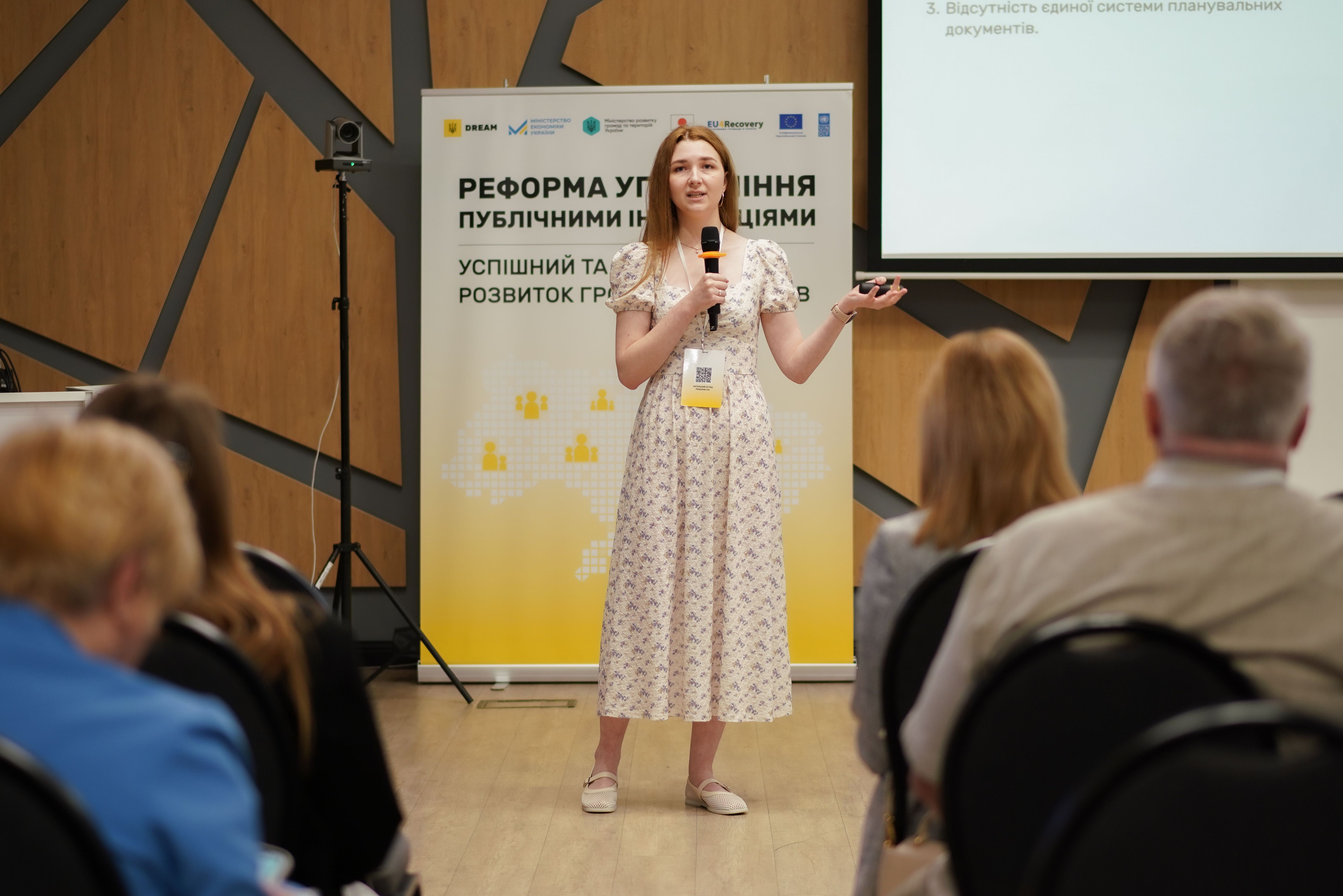
For his part, Vitaliy Khvorostyanyi, DREAM's Partner and User Relations Manager, focused on the main emphases and stages of training of local and regional MIPs.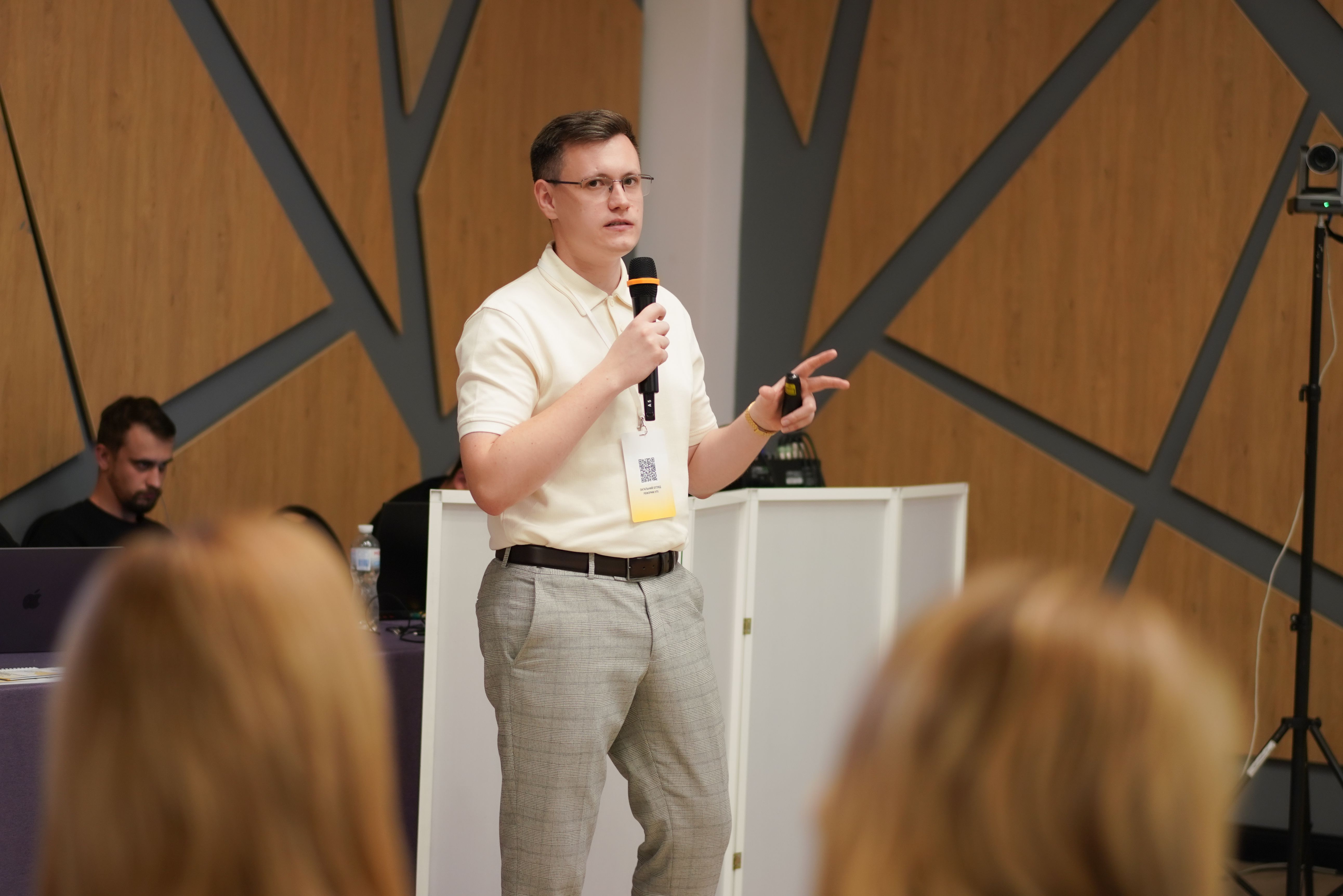
DREAM Academy Training Manager Nadiya Kovalska discussed the institutional support for implementing the reform at the local and regional levels. In particular, the creation of special bodies and structural units that will be responsible for preparing a medium-term plan, evaluating and prioritizing projects, forming sectoral portfolios and the SPP.
Nadiia emphasized that the Academy and the entire DREAM project office team are ready to provide methodological and technical support to users, helping them master the changes more quickly. Nadiia Kovalska also presented the structure of PIPs and public investment programs to the participants.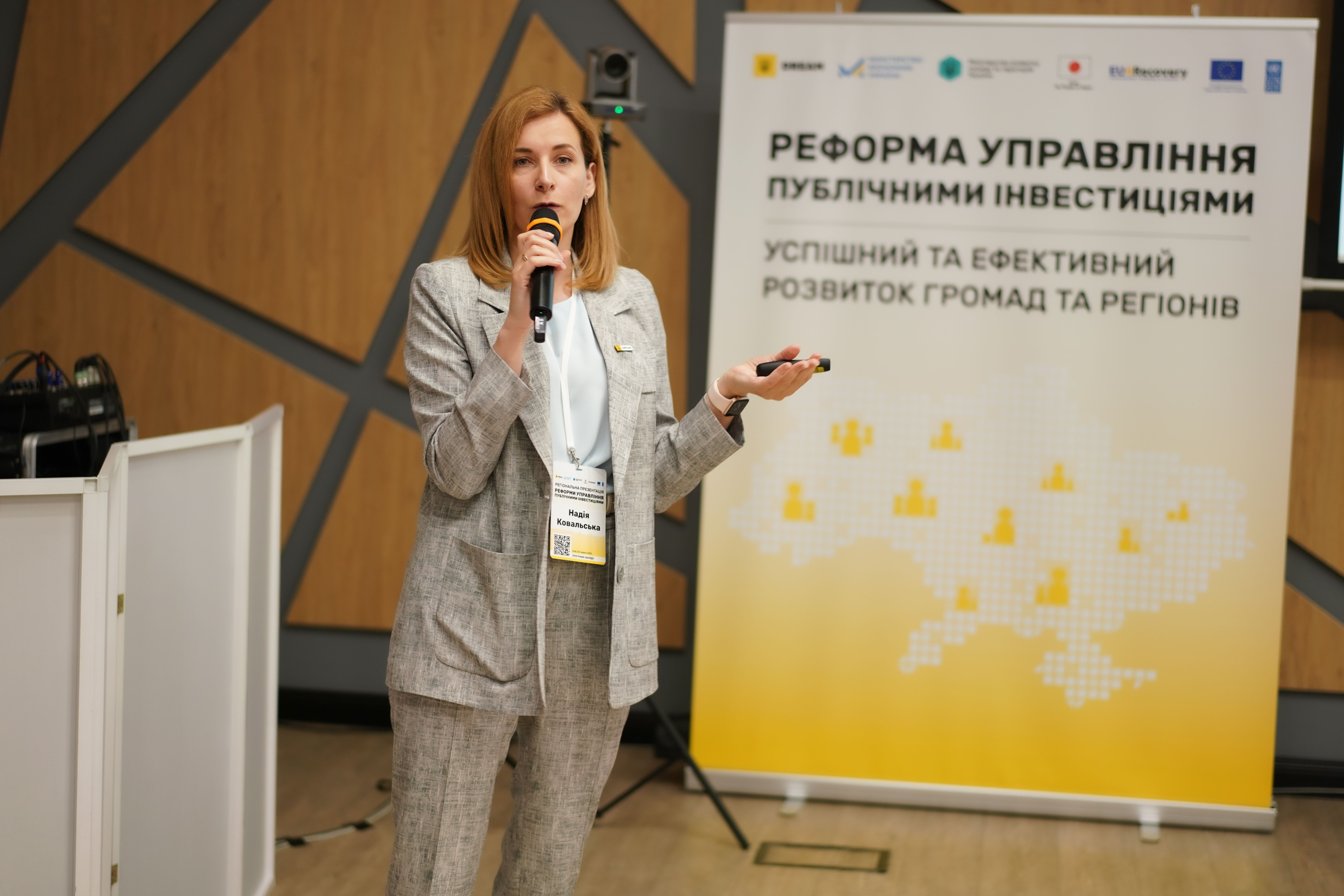
The meetings aim to strengthen the capacity of communities and prepare them for changes in approaches to working with public investments, as well as to receive feedback and suggestions for improving the implementation process of the reform.
The event was organized jointly by the Ministry for Development of Communities and Territories of Ukraine, the DREAM Project Office, and the Open Contracting Partnership with the assistance of the United Nations Development Program (UNDP) in Ukraine within the framework of the UNDP-European Union flagship partnership "EU4Recovery - Empowering Communities in Ukraine" and the project "Supporting Inclusive Recovery for Resilience and Security of People in Ukraine" with financial support from the Government of Japan.
